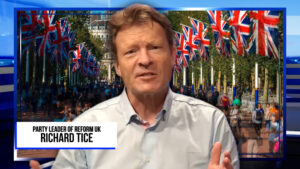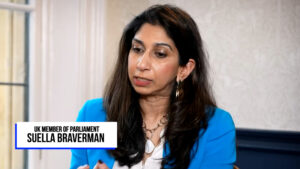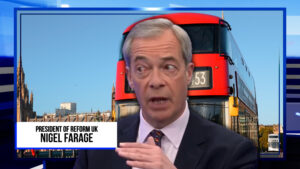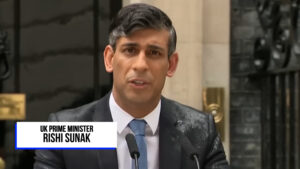The discourse surrounding immigration in the United Kingdom has reached a crescendo in recent years, with politicians and leaders from various quarters weighing in on the issue. From concerns about pressure on public services to debates over cultural integration and border control, the topic has become a central point of contention. Let’s delve into the speeches of key figures to understand the multifaceted nature of this debate and the proposed solutions.
Pressure on Public Services and Economic Impact
Robert Jenrick, a Member of Parliament, highlighted the strain that mass migration places on public services, particularly housing and healthcare. He argued that the influx of individuals, especially low-wage, low-skilled workers, not only burdens the exchequer but also undercuts native wages and productivity.
Similarly, Richard Tice, Party leader of Reform UK, echoed these concerns, emphasizing the correlation between population size and the increased demand for services like healthcare and housing. Tice pointed out the staggering net migration figures and its implications for the economy, urging for a reevaluation of immigration policies.

Cultural Impact and Social Cohesion
Suella Braverman, another Member of Parliament, voiced apprehensions about the cultural and social ramifications of mass migration. She argued that unchecked immigration threatens community cohesion and imposes strains on British values and identity. Braverman also raised concerns about the pace of migration and its potential to exacerbate existing tensions.

Border Control and National Security
Nigel Farage, Honorary president of Reform UK, advocated for stringent border control measures and criticized the perceived laxity in enforcing immigration laws. Farage called for the repeal of the Human Rights Act and drew parallels with successful immigration policies implemented in other countries, such as Australia.
Lee Anderson, another Member of Parliament, emphasized the need for a robust response to illegal immigration, particularly in the English Channel. Anderson criticized what he perceived as governmental inaction and called for decisive measures to deter illegal border crossings.

Political Accountability and Action
Suella Braverman underscored the role of political leadership in addressing the immigration challenge, urging the Prime Minister, Rishi Sunak, to take decisive action. She called for tangible measures such as tax cuts and a cap on legal migration to signal the government’s seriousness in tackling the issue.
Rishi Sunak, in his capacity as Prime Minister, acknowledged the gravity of the situation and called for a clear plan to navigate the challenges posed by migration. He emphasized the need for bold action in the face of global uncertainties, including threats to national security and economic stability.

Conclusion
The speeches reflect a spectrum of perspectives on immigration in the UK, ranging from concerns about its impact on public services and cultural cohesion to calls for stringent border control measures and political accountability. As the country grapples with the complexities of migration, the discourse underscores the need for nuanced policymaking and decisive action to address the underlying challenges while upholding core values of inclusivity and national security. The forthcoming general election on July 4th will provide a critical opportunity for voters to shape the future direction of immigration policy in the UK.
